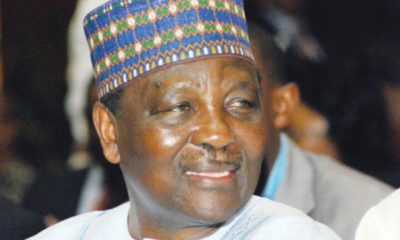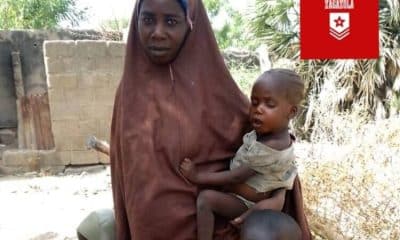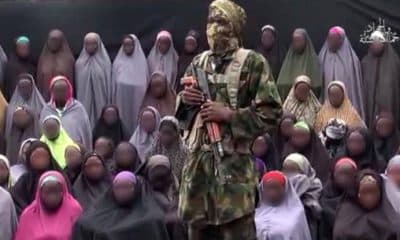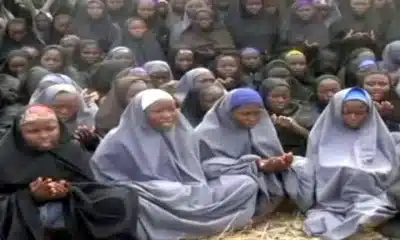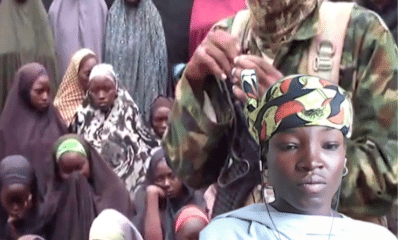Nigeria News
We Foresaw Rise In Boko Haram Insurgency – Peace Institute
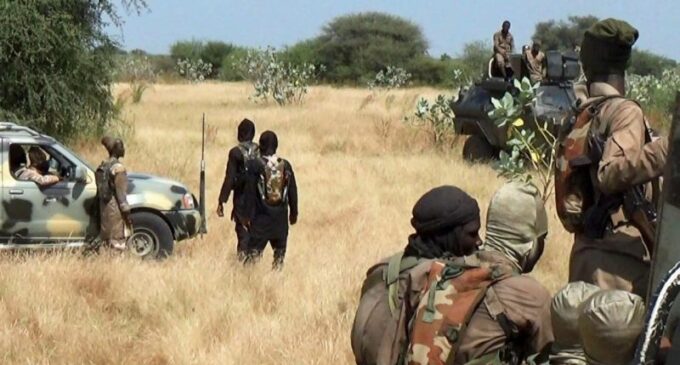
The Institute for Peace and Conflict Resolution (IPCR) says it foresaw the rise of insurgency way back in 2007 and warned the federal government about it.
The DirectorGeneral of the institute, Bakut Bakut, made this known during a NAN forum at the weekend.
Bakut said based on its findings, the institute had advised the then administration to act on the discovery. He said the IPCR also discovered warning signs of the current crisis between farmers and herders.
He said: “One of the things that I would like to say and I always say it with caution, is in 2007, this institute could predict that the intolerance that we saw, particularly in terms of religion and strict application of doctrines in the north-east, we saw it becoming a problem.
“We warned them but obviously maybe we did not warn enough and today we have what we call Boko Haram.
“The same thing we saw again in 2012, the danger of what has become the farmer-herder issues. Again we warned but again, maybe we did not warn enough.
“So, what we have now done is to make sure that we do not just warn but go into the environment and try to intervene directly.
“These are the things that we have done to make sure that between the year 2000 and today we operate within the context of our mandate.”
Giving further insight into what the institute has done to ensure peace in Nigeria, Bakut said the IPCR had prepared a national peace policy and handed it over to the government.
He said based on that policy, the UN security council passed a resolution asking other African countries to follow Nigeria’s example.
Bakut noted that changes in the country’s administration and changes in the institute’s supervising body could have scuttled plans to act on the institute’s forecasts over the years.
He said: “In that period, the federal government under the presidency of Olusegun Obasanjo set up a presidential implementation committee on our findings and established a presidential implementation plan.
“The directors of the IPCR then were working on strategies that would help solve some of the problems but something happened and that one went out.
“By 2007, when the government was going, we were moved to the federal ministry of foreign affairs. Unlike before when we sent our policy directly to the president, we now have to go through the ministry.”

